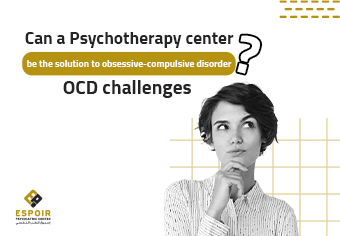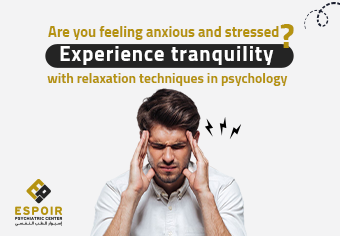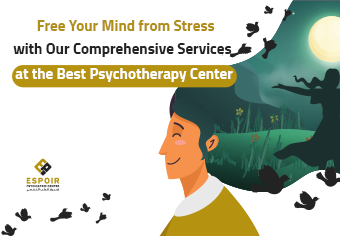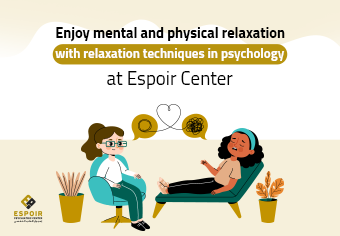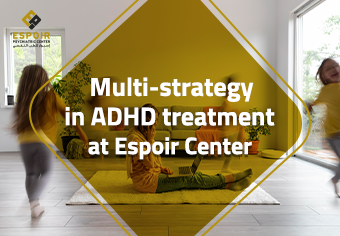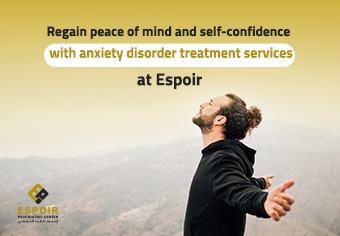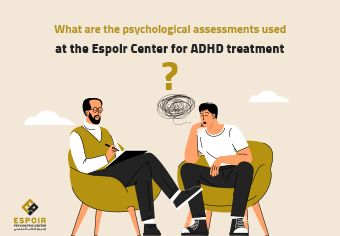
Anxiety is a common mental health condition that affects millions of people worldwide, characterized by ongoing tension, fear, and unease. Fortunately, there are effective treatments available to help individuals manage and alleviate symptoms of anxiety. The journey towards anxiety disorder treatment begins with a comprehensive assessment by qualified mental health professionals such as psychiatrists or clinical psychologists. This assessment helps identify the specific type and severity of anxiety, paving the way for personalized treatment plans. Psychological therapies like cognitive-behavioral therapy (CBT) are highly effective in addressing anxiety. CBT equips individuals with practical skills to identify and confront negative thought patterns, leading to healthier cognitive responses. Additionally, certain medications may be prescribed to manage anxiety symptoms. These medications work by balancing neurotransmitter levels in the brain associated with mood regulation.
Cognitive-behavioral therapy (CBT) for anxiety disorder treatment:
Cognitive-behavioral therapy (CBT) is an effective approach for treating anxiety disorders. This approach is based on the principle that our thoughts, feelings, and behaviors are interconnected, and by changing our thoughts and behaviors, we can positively influence our emotions and reduce anxiety. Here is a detailed exploration of how this approach works in anxiety disorder treatment:
- Understanding the Basics of CBT:
CBT is a structured and goal-oriented therapy that focuses on identifying and confronting negative thought patterns and behaviors contributing to anxiety.
The therapist collaborates with the individual to develop specific strategies and skills to manage anxiety symptoms.
- Identifying Negative Thought Patterns:
In CBT, individuals learn to identify automatic negative thoughts or cognitive distortions (e.g., overgeneralization, catastrophizing) that fuel anxiety.
By recognizing these patterns, individuals can start to identify and reframe these thoughts in more balanced and realistic ways.
- Behavioral Experiments and Exposure:
CBT typically integrates behavioral experiments and exposure techniques to gradually confront anxiety-provoking situations.
Exposure therapy involves systematically exposing individuals to feared or anxiety-inducing situations in a safe and controlled manner, helping to reduce anxiety over time.
- Developing Coping Strategies:
Through CBT, individuals acquire practical coping strategies such as relaxation techniques, distraction, and problem-solving skills to manage anxiety symptoms.
They learn adaptive ways to deal with stress and challenging situations, enhancing their sense of control and confidence.
- Setting Realistic Goals and Homework Assignments:
CBT sessions involve setting achievable goals for therapy and assigning homework tasks to practice new skills outside of sessions.
This active participation fosters continuous learning and integration of CBT techniques into daily life.
- Monitoring Progress and Adjusting Strategies:
Progress in CBT is regularly monitored through self-assessment tools and feedback from the therapist.
Therapists adjust strategies based on individual responses and refine treatment plans to ensure effectiveness.
- Long-Term Benefits of CBT:
CBT equips individuals with lifelong skills to manage anxiety beyond the therapy period.
It helps individuals develop resilience and a deeper understanding of their thought patterns, contributing to overall emotional well-being.
- Tailoring CBT for Different Anxiety Disorders:
CBT can be adapted to target specific anxiety disorders such as generalized anxiety disorder (GAD), panic disorder, social anxiety disorder, and phobias.
Techniques are customized based on the unique challenges and symptoms associated with each disorder.

The use of medications in anxiety disorder treatment:
Medications play a crucial role in treating disorders associated with anxiety and are often used alongside psychological therapies such as cognitive-behavioral therapy (CBT) to achieve optimal results. Here is a comprehensive overview of the types of medications used in anxiety disorder treatment:
- Selective Serotonin Reuptake Inhibitors (SSRIs):
These medications work by increasing the levels of serotonin in the brain, which is a neurotransmitter associated with improving mood and reducing anxiety.
- Serotonin and Norepinephrine Reuptake Inhibitors (SNRIs):
These medications increase levels of serotonin and norepinephrine in the brain, which helps alleviate anxiety and improve mood.
- Norepinephrine and Dopamine Reuptake Inhibitors (NDRIs):
These medications increase levels of norepinephrine and dopamine in the brain and are sometimes used in anxiety disorder treatment and depression.
- Antipsychotics:
In some cases, certain types of antipsychotics are used to treat symptoms accompanying disorders associated with anxiety, such as hallucinations or delusional thoughts.
- Benzodiazepines:
These medications are used temporarily to relieve anxiety and calm symptoms, but they carry a risk of addiction and may cause side effects.
- Tricyclic Antidepressants:
These medications may be used in some cases to treat anxiety accompanying depression.
In conclusion,
The importance of comprehensive and integrated treatment is highlighted to assist those suffering from anxiety and psychological disorders. Spwar Center for Psychological Therapy in Qatar stands out as a unique destination for specialized mental healthcare. By providing a comprehensive range of services including cognitive-behavioral therapy and innovative medication options, Spwar strives to deliver the best possible care. We believe that mental health is the foundation of a happy and stable life, and we are dedicated to providing the necessary support and care to individuals experiencing anxiety or psychological disorders. Benefit from our expertise and book an appointment today with the best anxiety disorder treatment specialist. Feel free to contact us for more information or to schedule a consultation.


